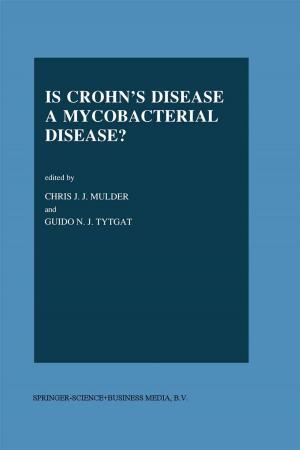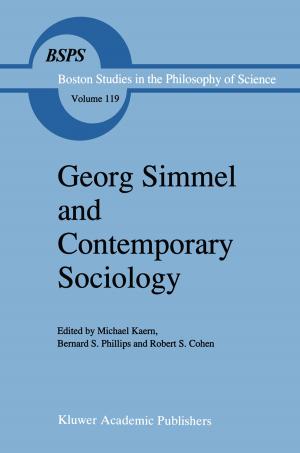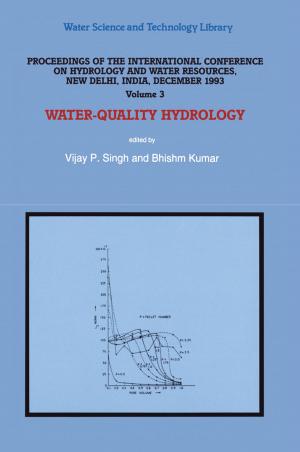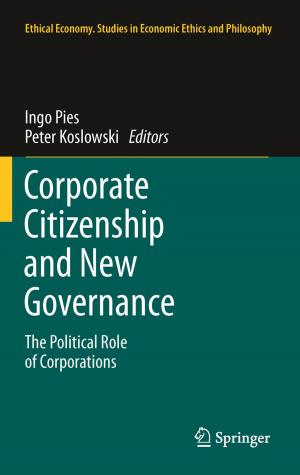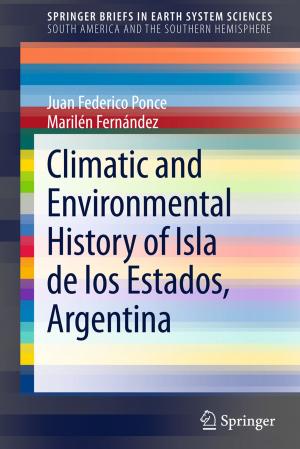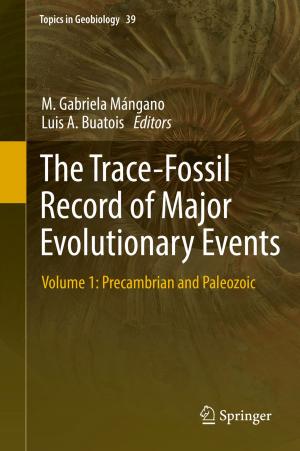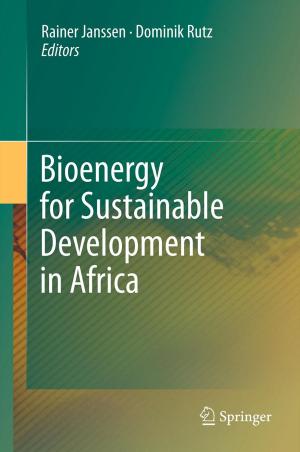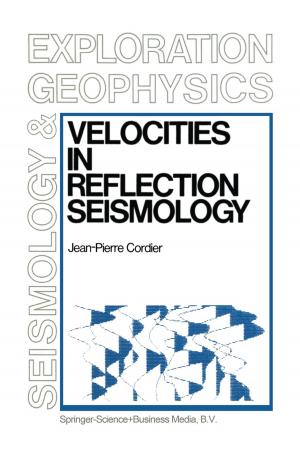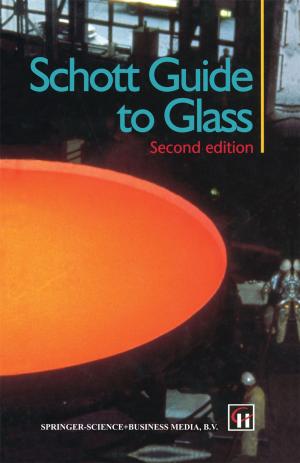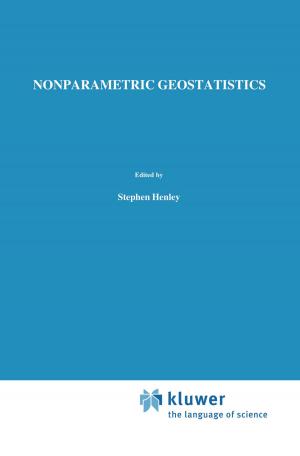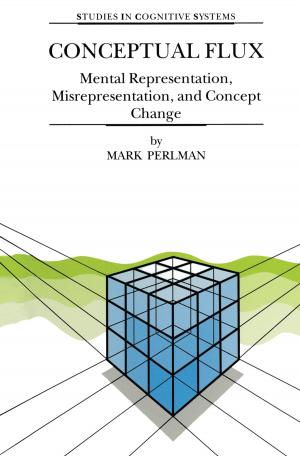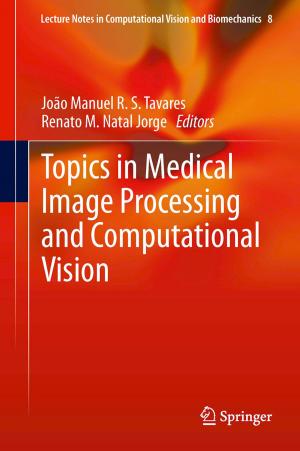Land Use and Land Cover Mapping in Europe
Practices & Trends
Nonfiction, Science & Nature, Science, Earth Sciences, Biological Sciences, Environmental Science| Author: | ISBN: | 9789400779693 | |
| Publisher: | Springer Netherlands | Publication: | July 8, 2014 |
| Imprint: | Springer | Language: | English |
| Author: | |
| ISBN: | 9789400779693 |
| Publisher: | Springer Netherlands |
| Publication: | July 8, 2014 |
| Imprint: | Springer |
| Language: | English |
Land use and land cover (LULC) as well as its changes (LUCC) are an interplay between bio-geophysical characteristics of the landscape and climate as well as the complex human interaction including its different patterns of utilization superimposed on the natural vegetation. LULC is a core information layer for a variety of scientific and administrative tasks(e.g. hydrological modelling, climate models, land use planning).In particular in the context of climate change with its impacts on socio-economic, socio-ecologic systems as well as ecosystem services precise information on LULC and LUCC are mandatory baseline datasets required over large areas. Remote sensing can provide such information on different levels of detail and in a homogeneous and reliable way. Hence, LULC mapping can be regarded as a prototype for integrated approaches based on spaceborne and airborne remote sensing techniques combined with field observations. The book provides for the first time a comprehensive view of various LULC activities focusing on European initiatives, such as the LUCAS surveys, the CORINE land covers, the ESA/EU GMES program and its resulting Fast-Track- and Downstream Services, the EU JRC Global Land Cover, the ESA GlobCover project as well as the ESA initiative on Essential Climate Variables. All have and are producing highly appreciated land cover products. The book will cover the operational approaches, but also review current state-of-the-art scientific methodologies and recommendations for this field. It opens the view with best-practice examples that lead to a view that exceeds pure mapping, but to investigate into drivers and causes as well as future projections.
Land use and land cover (LULC) as well as its changes (LUCC) are an interplay between bio-geophysical characteristics of the landscape and climate as well as the complex human interaction including its different patterns of utilization superimposed on the natural vegetation. LULC is a core information layer for a variety of scientific and administrative tasks(e.g. hydrological modelling, climate models, land use planning).In particular in the context of climate change with its impacts on socio-economic, socio-ecologic systems as well as ecosystem services precise information on LULC and LUCC are mandatory baseline datasets required over large areas. Remote sensing can provide such information on different levels of detail and in a homogeneous and reliable way. Hence, LULC mapping can be regarded as a prototype for integrated approaches based on spaceborne and airborne remote sensing techniques combined with field observations. The book provides for the first time a comprehensive view of various LULC activities focusing on European initiatives, such as the LUCAS surveys, the CORINE land covers, the ESA/EU GMES program and its resulting Fast-Track- and Downstream Services, the EU JRC Global Land Cover, the ESA GlobCover project as well as the ESA initiative on Essential Climate Variables. All have and are producing highly appreciated land cover products. The book will cover the operational approaches, but also review current state-of-the-art scientific methodologies and recommendations for this field. It opens the view with best-practice examples that lead to a view that exceeds pure mapping, but to investigate into drivers and causes as well as future projections.

